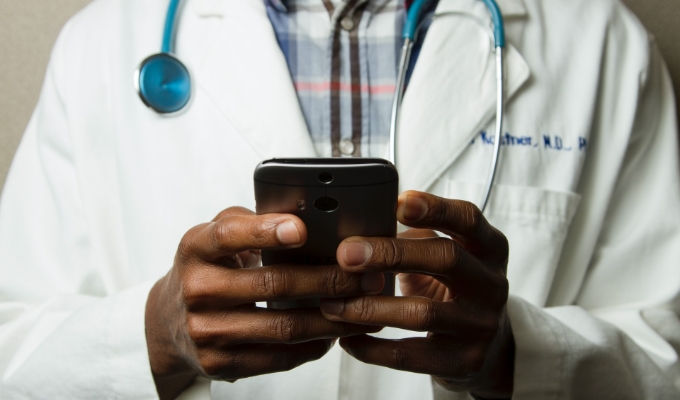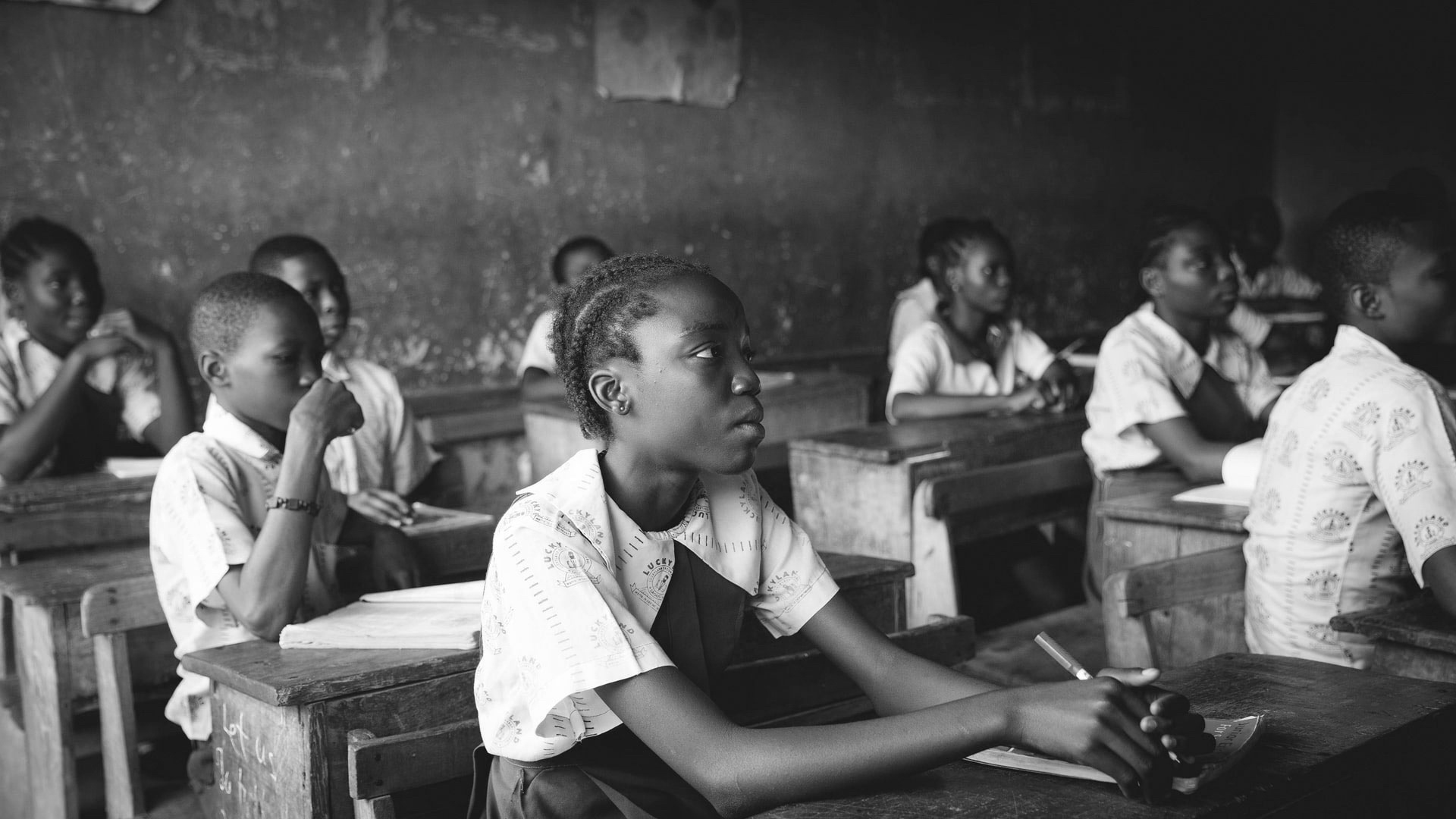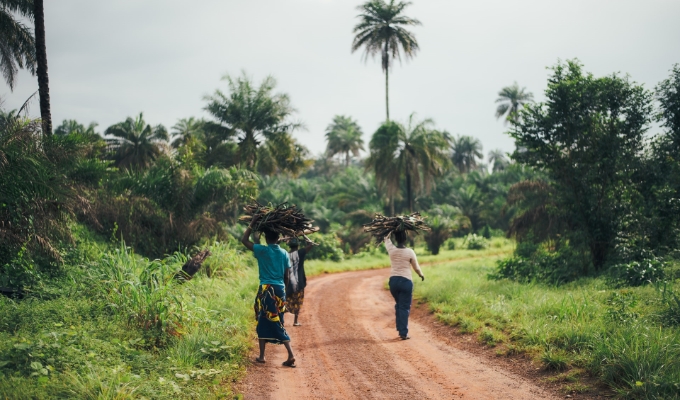The Madada Project is a transformative girls led initiative and organized under the Mwelu Foundation, designed to empower young girls and boys in Mathare, a densely populated informal settlement in Nairobi. This project receives funding from the Swedish Institute and is implemented by Stiftelsen in Sweden. It focuses on addressing critical issues, including Sexual Reproductive Health and Rights (SRHR), Menstrual Health Management (MHM), Gender-Based Violence (GBV), and leadership development, employing the Backa methodology.
The principal objective of the Madada Project is to foster a safer, healthier, and more equitable community where both boys and girls are empowered to lead, advocate for their rights, and become agents of change. As an initiative of the Mwelu Foundation, the Madada Project utilizes photography and filmmaking to document and amplify the voices of young individuals in Mathare. By presenting their stories, challenges, and accomplishments, the project raises awareness within the community while also highlighting the realities of Mathare to a global audience, thereby inspiring further support and collaboration.
This foundational program equips young individuals with essential knowledge and skills that they will carry throughout their lives. As these empowered individuals evolve into leaders, they will continue to advocate for gender equity, health, and education in Mathare, thereby ensuring a lasting legacy of positive change.











